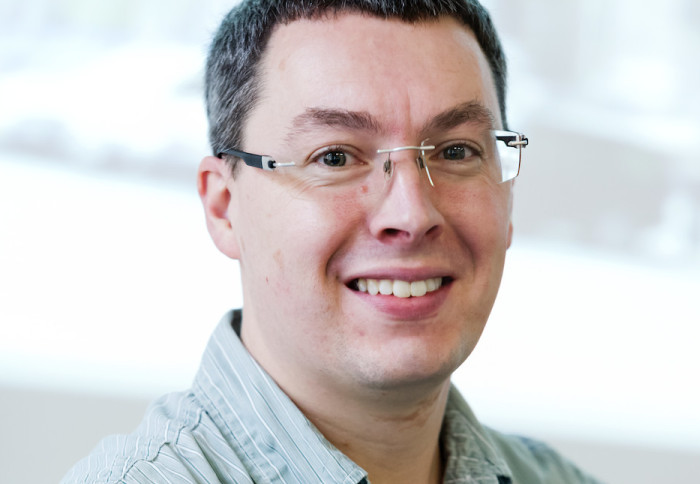Professor Stephen Skinner appointed RAEng Research Chair

Professor Stephen Skinner has been appointed Chair in Electrochemical Devices for a Zero-Carbon Economy by the Royal Academy of Engineering.
The Royal Academy of Engineering Research Chairs aim to strengthen the links between industry and academia. Professor Skinner is one of four U.K researchers awarded a new joint industry-academia research partnership.
As Research Chair, Professor Stephen Skinner will lead the way in developing electrochemical devices in partnership with Ceres Power Ltd, to support the U.K target to net-zero by 2050.
Commitment to net-zero
New advances in materials engineering can offer clean, affordable solutions to serve both developed and developing economies. Professor Skinner is committed to developing solid oxide cells to reduce our environmental impact.
A solid oxide cell is an electrochemical device operating at a high temperature, converting the chemical energy of a fuel directly to electrical energy and in reverse operation can produce clean hydrogen. These devices are some of the most efficient energy conversion processes. Professor Skinner, in partnership with Ceres Power Ltd, aims to develop solid oxide cells and materials that could lead to applications in portable power, stationary applications and transport. In addition, his team will explore alternative energy carriers, such as ammonia.
This collaboration aims to build an enduring partnership that will accelerate the deployment of new discoveries in the energy technology space The Royal Academy of Engineering
Solid oxide cells will also provide routes to produce the lowest cost green hydrogen as part of integrated energy infrastructure. This will involve investigating new electrode designs, optimising the engineering of cells to operate at intermediate temperatures, and linking the fundamental understanding of interfaces with the lifetime of the engineered device.
Professor Skinner said: “Lowering carbon emissions to net-zero by 2050 is an ambitious target to reduce our environmental impact – developing this technology will make a direct contribution to achieving this ambition, through use of solid oxide cells in a wide range of energy applications, from domestic heating and transport to data centres, and hydrogen production, enabled by the flexibility of the device output.”
This position will be co-funded by Ceres Power Ltd and the Royal Academy of Engineering.
This news story is adapted from the Royal Academy of Engineering press release. View the full list of current and recent awardees.
Article text (excluding photos or graphics) © Imperial College London.
Photos and graphics subject to third party copyright used with permission or © Imperial College London.
Reporter
Kayleigh Brewer
Department of Materials